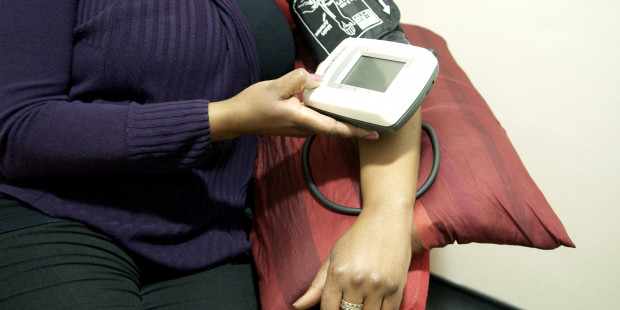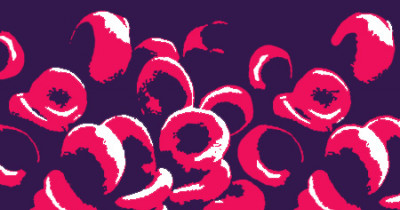Image
Ageing
Many older people who are living with HIV lead healthy, active and exciting lives, but some health problems can be more common in people living with HIV. Read more about AgeingImage

Blood pressure
High blood pressure (or hypertension) can be caused by a range of lifestyle factors such as poor diet, smoking or a lack of exercise. Some kinds of HIV treatment may increase the risk of high blood... Read more about Blood pressureImage

Cancer
There are over 200 types of cancer. Three of these are classified as AIDS-defining cancers under British HIV Association guidelines. Read more about CancerImage

Kidney problems
If you’re living with HIV, your kidneys will have to be regularly tested for possible damage from HIV medicine and issues like high blood pressure. Read more about Kidney problemsImage

Diabetes
Type 2 diabetes can be managed by lifestyle changes such as a good diet, exercise and not smoking. Read more about DiabetesImage

Heart problems
Untreated HIV increases the risk of heart disease but starting treatment reduces the risks. Read more about Heart problemsImage

Cognitive impairment
A combination of factors can cause cognitive impairment in people with HIV. Sometimes lifestyle changes can help keep it at bay. HIV-associated dementia is now very rare. Read more about Cognitive impairmentImage

Osteoporosis
People living with HIV have more incidences of bone mineral density loss and fragility fractures. Read more about OsteoporosisImage

Menstruation
If your viral load is detectable or you’re not on treatment, HIV is in your menstrual blood and poses a transmission risk. Having HIV can also affect your menstrual cycle and disrupt your periods. Read more about MenstruationImage

Menopause
Some evidence suggests that the menopause may start a few years earlier if you are living with HIV, especially if you have a low CD4 count. Read more about MenopauseImage


